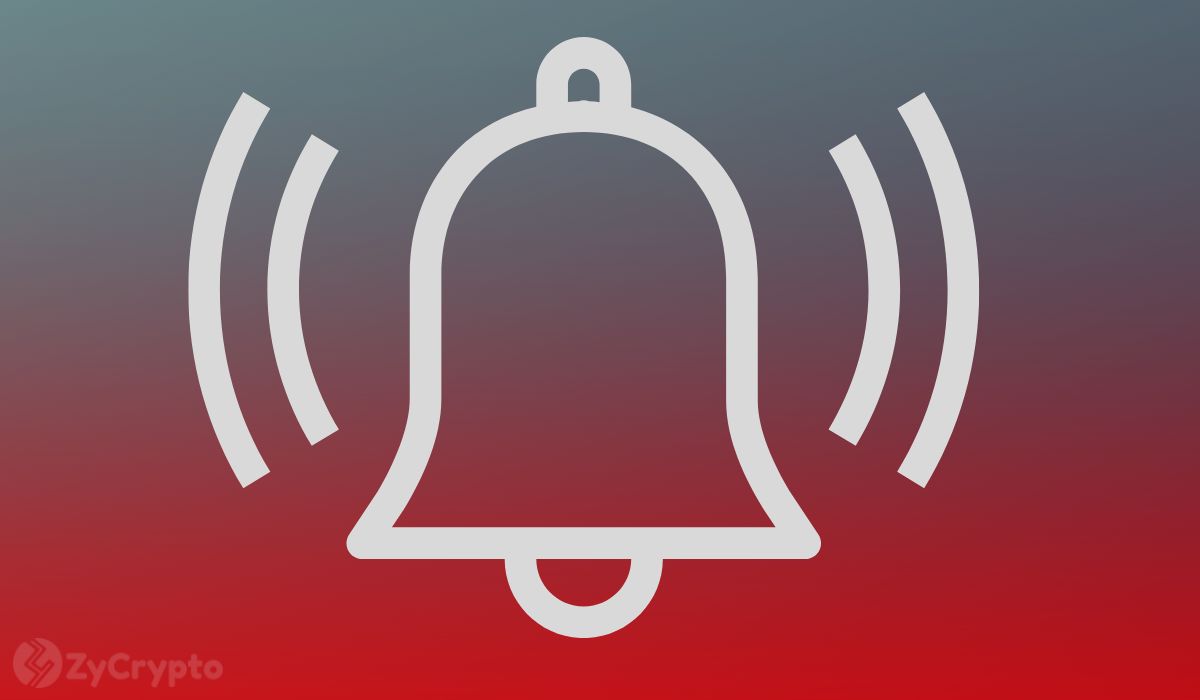Ethereum co-founder Vitalik Buterin has expressed serious concern about Worldcoin, the highly anticipated and controversial project co-founded by OpenAI’s Sam Altman, which launched its WLD token on Monday.
In a blog post, Buterin raised questions about its centralization, privacy, and security.
The Risks And Issues With Worldcoin
The newly launched Wordcoin project is among the crypto sector’s most polarizing. Its goal is to help people prove their identity online with credentials verified in person by iris-scanning orbs. This step provides “proof-of-personhood” that is cryptographically secured and used as a World ID. According to the company, the tailor-made device that uses the scan to create a unique identifier doesn’t actually process or store any related data locally.
In an extensive July 25 blog post, Ethereum creator Vitalik Buterin outlined this system’s potential problems.
For starters, Buterin identified four key issues with its biometric proof-of-personhood: privacy, accessibility, centralization within the Worldcoin Foundation, and security. Although he thinks some can be solved with technological improvements, “others seem to be fundamental limitations.”
Worldcoin Orbs will be distributed around the world to allow users to create their respective digital IDs. Buterin contended that there is no way to prove that the orb was “constructed correctly and does not have backdoors.” He theorized that “the Worldcoin Foundation still has the ability to insert a backdoor into the system, letting it create arbitrarily many fake human identities.”
His perspective was echoed by Bitcoin proponent Anita Posch, who indicated that the centralized nature of the Worldcoin project and the sheer amount of data it handles could be a potential point of failure.
Buterin also argued that World IDs won’t be readily accessible to all interested participants as acquiring an “Orb” device can be challenging. In addition, he noted that the registry of iris may provide more details than planned. Case in point, if someone else scans your iris, they can verify it against the Worldcoin database to see if you have a World ID.
Buterin recognized there is no perfect solution for these concerns. He sees the potential for a blend of various approaches to the issue. Community accountability, audits, and checks are paramount to this process, Buterin elaborated. However:
“Not having any proof-of-personhood at all has its risks too: a world with no proof-of-personhood seems more likely to be a world dominated by centralized identity solutions, money, small closed communities, or some combination of all three.”
WLD Token Performance
WLD, issued on Ethereum and the popular layer-2 scaling solution Optimism soared double digits on Monday as Binance, Bybit, OKX, Huobi, and Gate digital asset exchanges were all quick to reveal that they had kicked off trading for the Worldcoin token.
WLD is currently changing hands at $2.12 and is up by over 50% from its launch price, according to CoinGecko. The Worldcoin project has enrolled more than 2 million people around the world as of publication time.


